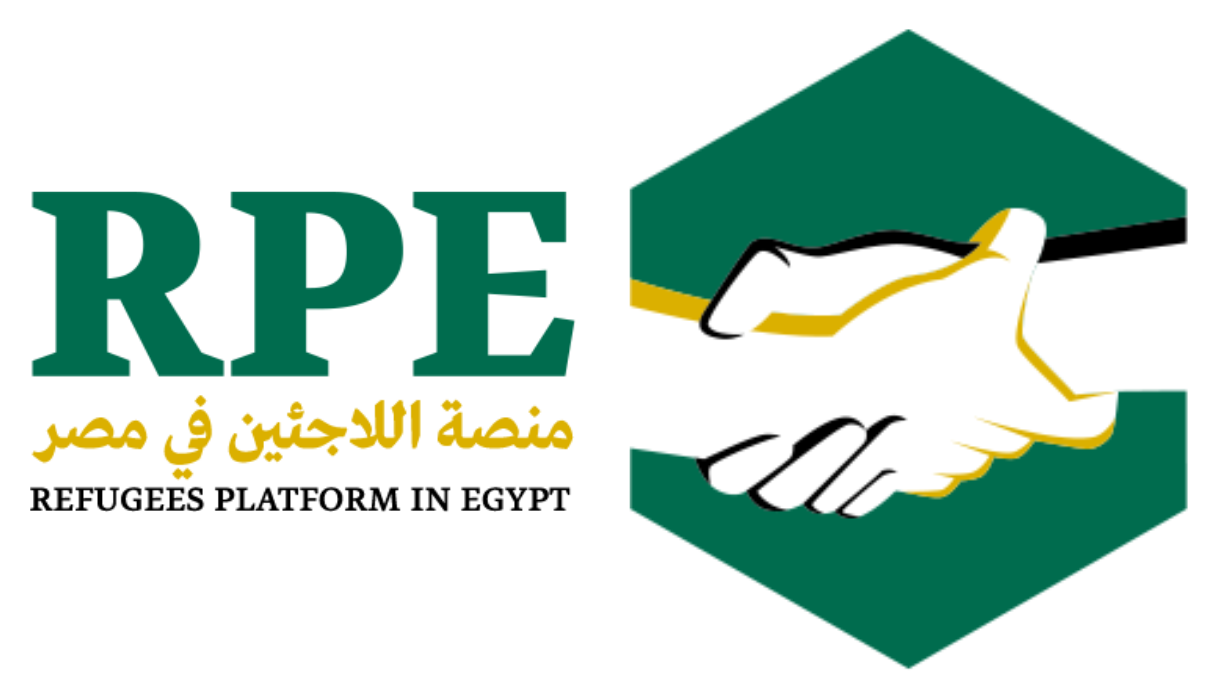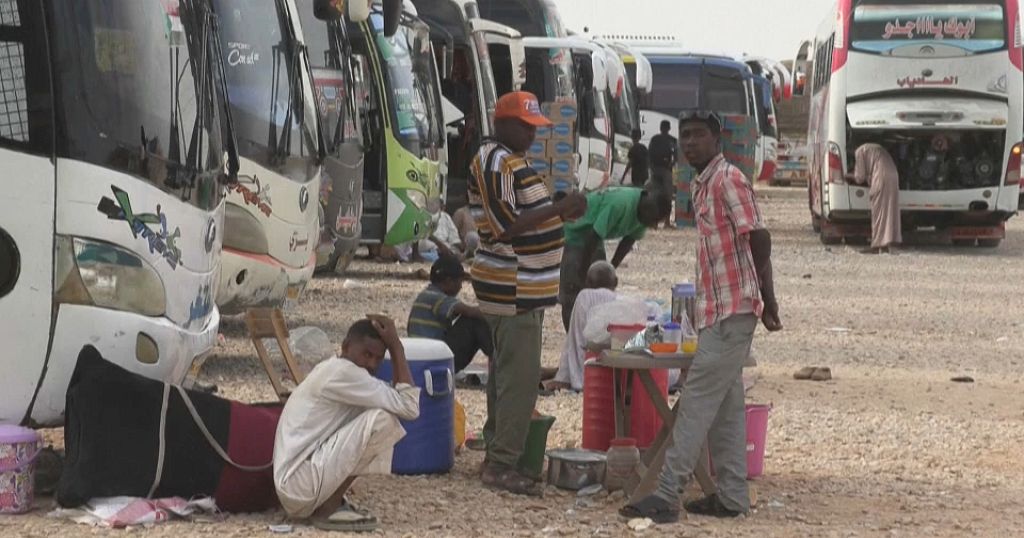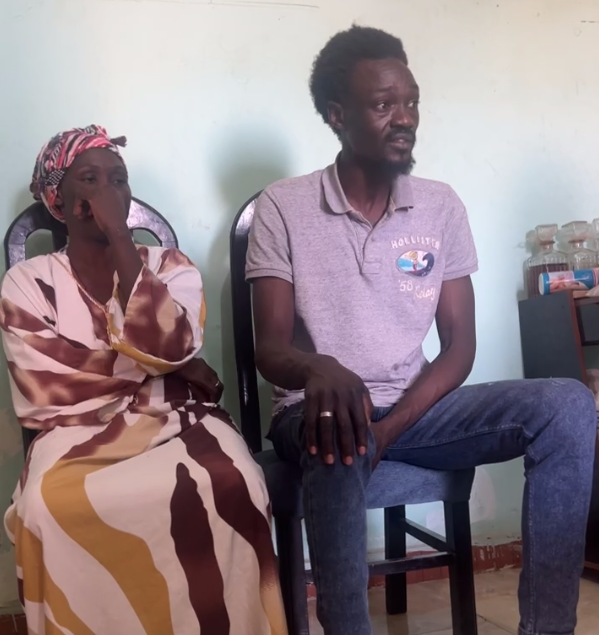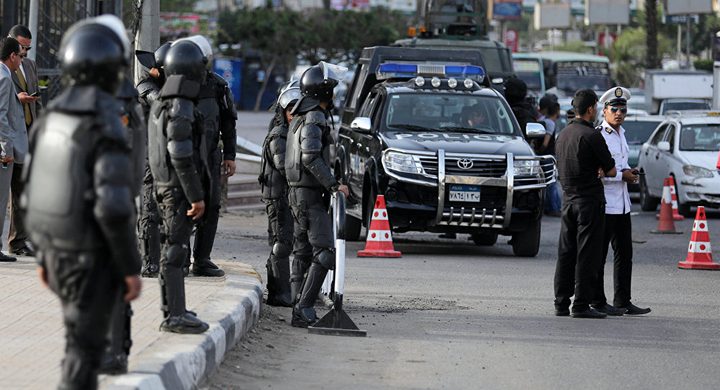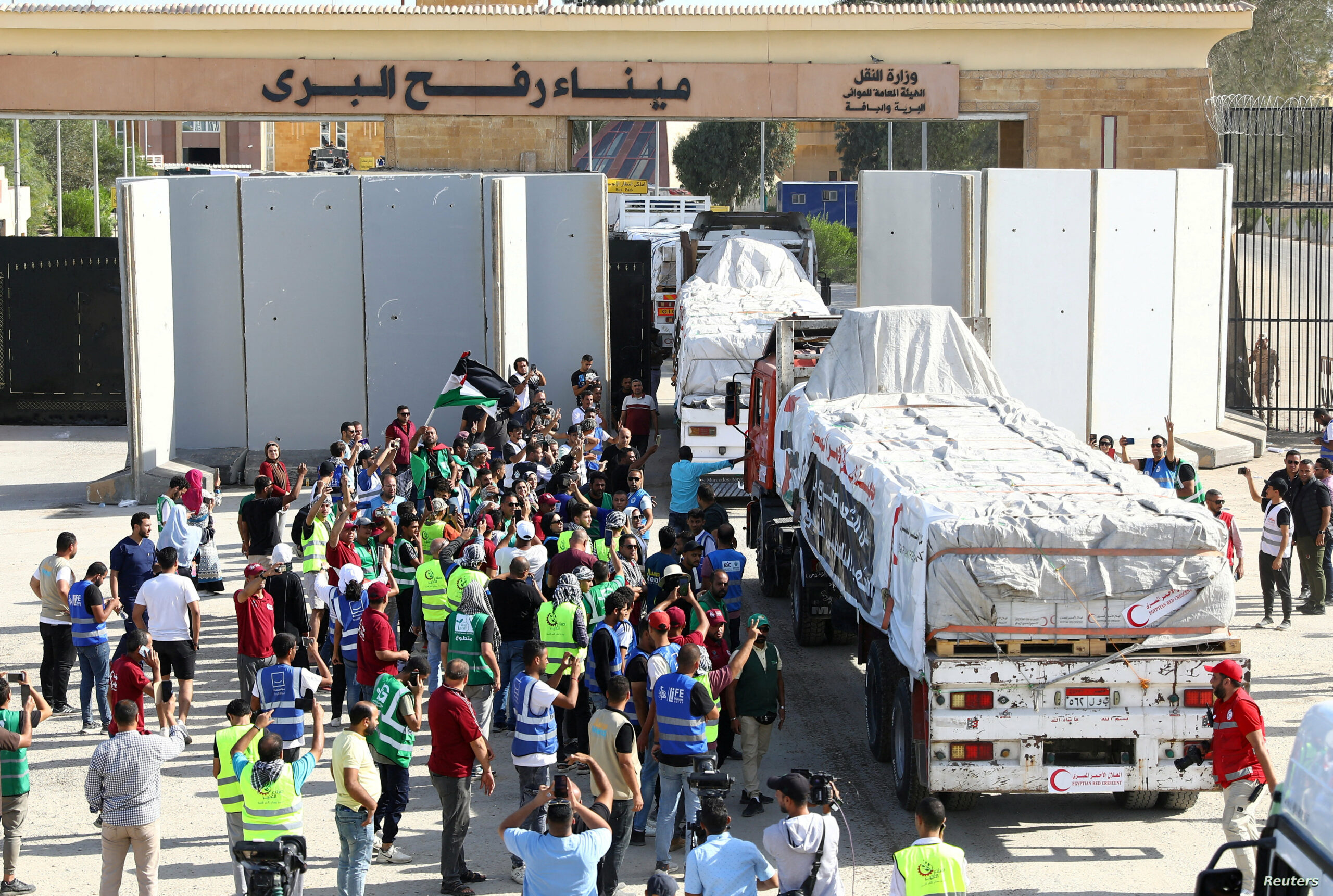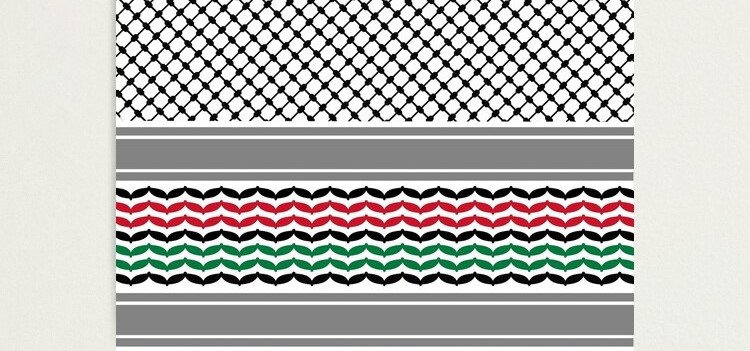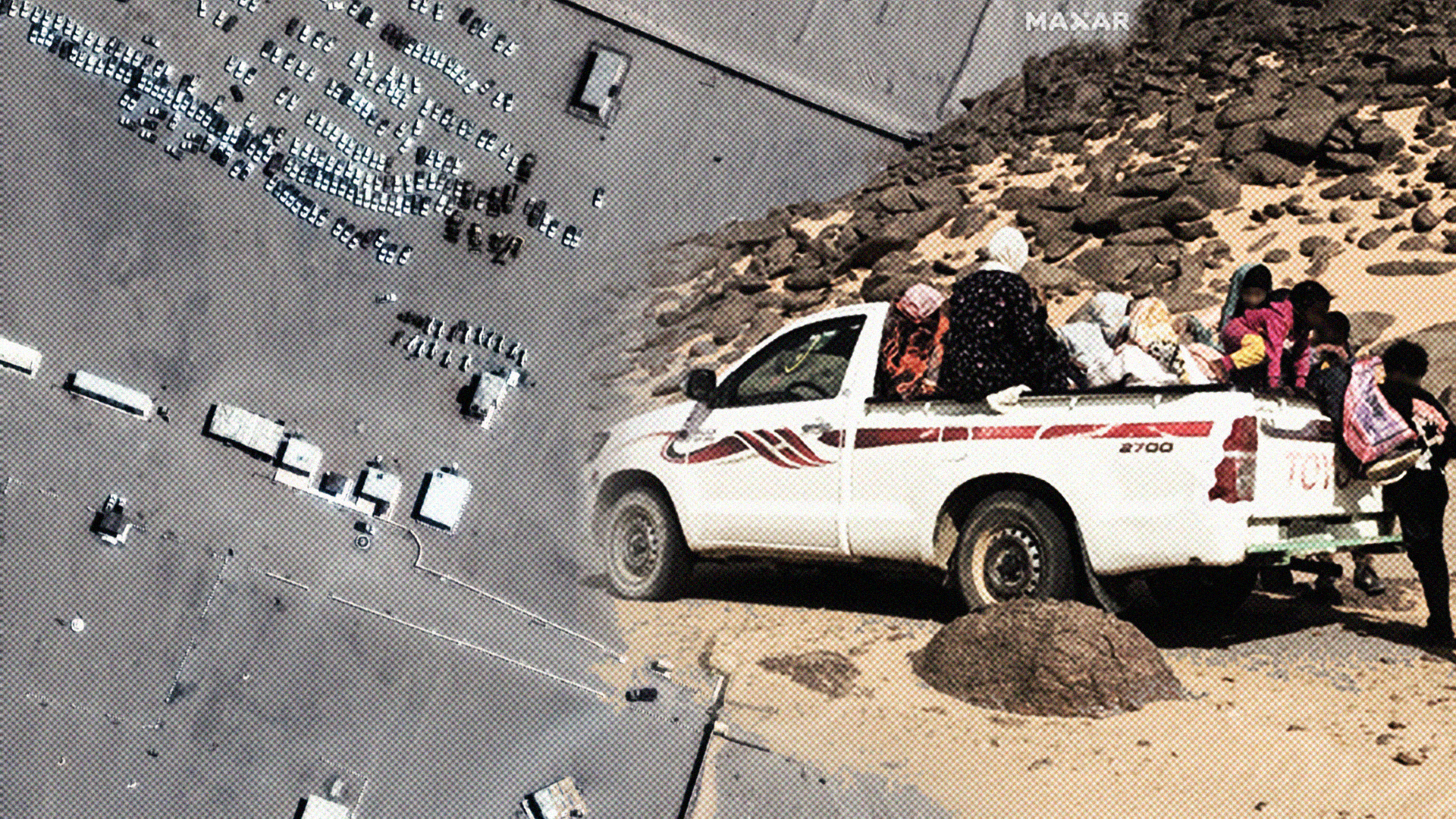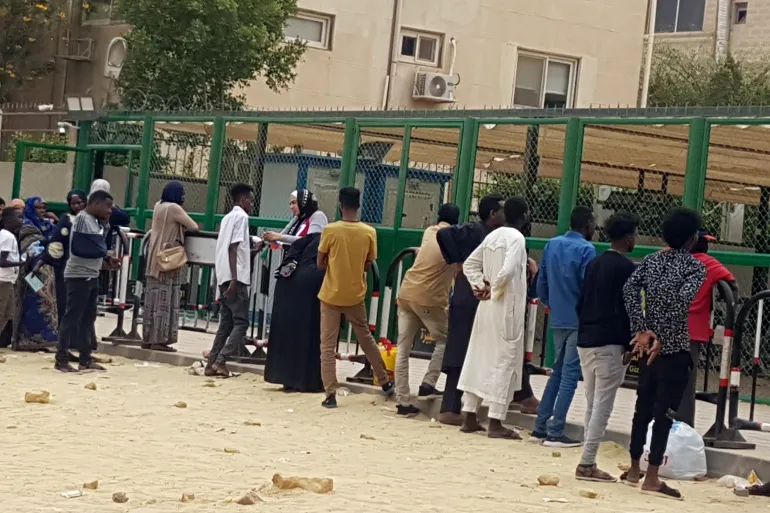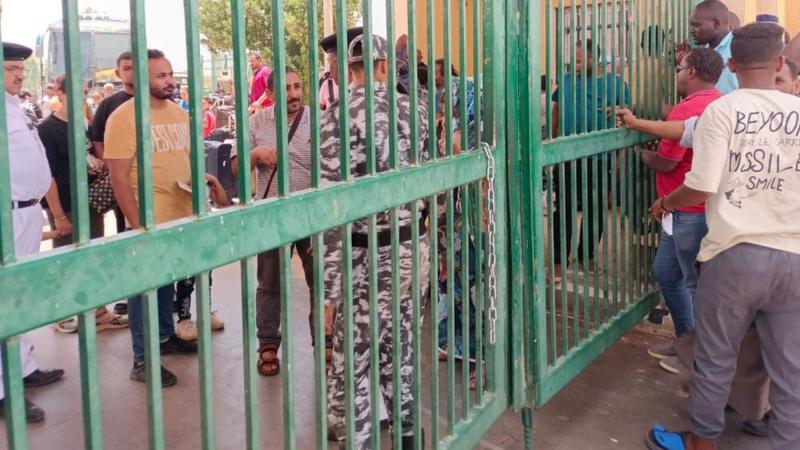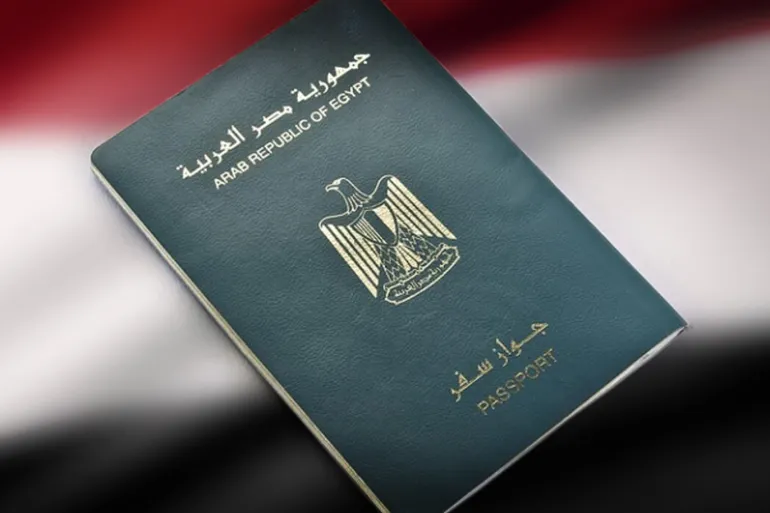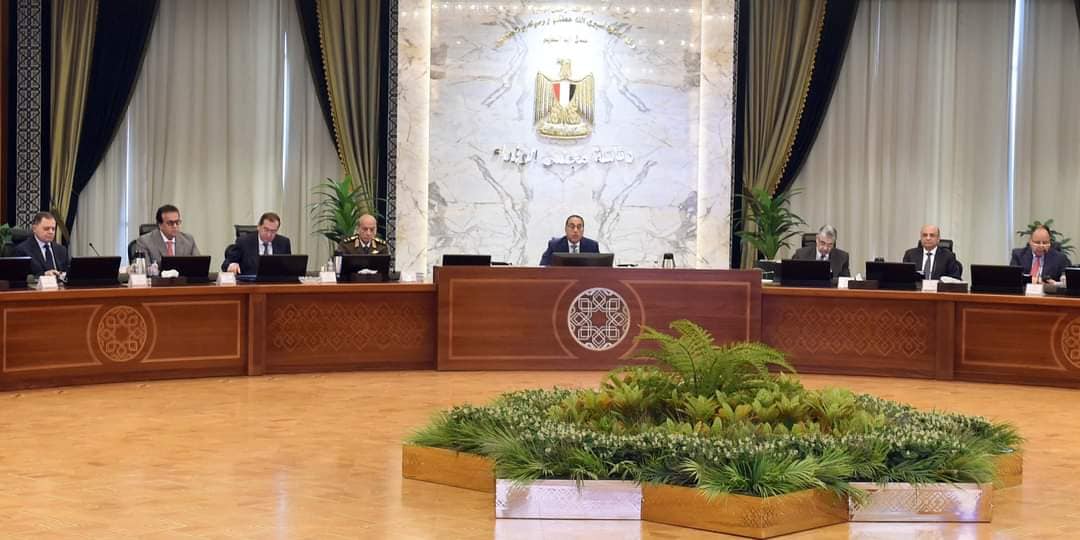Activists, families, and friends of stranded Sudanese individuals at the Egyptian-Sudanese borders have been appealing to the Egyptian government via social media to re-allow temporary documents’ holders to cross into Egypt.
The Egyptian authorities had issued a decision on May 25th prohibiting temporary documents’ holders from crossing into Egypt, causing congestion and a crossing crisis at the Egyptian-Sudanese borders under inhumane conditions. This decision reportedly came after the arrest of an individual carrying invalid papers using a temporary travel document.
Testimonies of stranded individuals at the Arqeen border crossing cite the aforementioned decision as a reason for their suffering from poor humanitarian conditions, the lack of humanitarian services, congestion, and overcrowding. Many families have been forced to sleep on the ground for days, including elderly individuals, children, and patients, without any regard to their circumstances.
Since the onset of the forced displacement from Sudan following the outbreak of the armed conflict on April 15th of last year, the Sudanese side of the border crossings with Egypt has been experiencing difficult humanitarian conditions, weak infrastructure, lack of healthcare, absence of international institutions, continuous congestion, and slow procedures. This pushes travelers to wait for long periods, which can extend for weeks, as reported by the Refugees Platform in Egypt (RPE) in its report before the decision was issued.
In light of the current situation, the decision forewarns of an imminent humanitarian disaster that could endanger the lives of many, especially the elderly, people with disabilities, and those in need of continuous medical care, according to activists and the testimonies of those stranded.
Consequently, stranded individuals along with Sudanese and non-Sudanese activists have launched an appeal to allow holders of temporary travel documents to cross the borders, especially women, children, the sick, and the elderly. In addition, they have called for exponentiating the necessary procedures in consideration of the stranded individuals at the borders, including those who arrived before the decision was issued by the Egyptian side, which has led to a current major crisis, especially at the Arqeen crossing.
On the other hand, appeals continue from the Wadi Halfa area, where the Egyptian consular office specialized in issuing Egyptian visas for Sudanese men between sixteen and fifty years of age is located. There, thousands of individuals await in hopes of obtaining an entry visa to Egypt or to submit their passports and visa applications. According to testimonies and footage documented by the RPE, thousands of Sudanese refugees are gathering in the city, with many of them sleeping in mosques, hospitals, on the streets, and around the consular office, waiting for visas. This waiting process can last for weeks, causing increased congestion within the city. Despite efforts by the city’s residents to host the displaced individuals waiting for visas and the launch of several supportive community initiatives, there is still a continuous need for humanitarian support due to shortages of food, medicine, and shelter.
Furthermore, stranded individuals call on the facilitation and acceleration of the visa procedures under the “Four Freedoms Agreement” and in recognition of the current emergency, which forces thousands of people to leave their homes daily. Additionally, the current situation at the border separates families, as some members can cross without a visa while others are required to obtain one.
The RPE had issued a statement asking Egyptian authorities to clarify and announce detailed and updated procedures and conditions for the crossing of displaced individuals into Egypt. It also called for the announcement of asylum-seeking procedures, which have not been disclosed since the beginning of the armed conflict.
Nevertheless, various Egyptian governmental bodies have been issuing different statements regarding evacuation and displacement procedures, which has led to the proliferation of grifters who deceive their victims by promising to expedite procedures in exchange for money.
In a related context, a group of Eritrean and Ethiopian refugees in Sudan have published an open letter to the United Nations High Commissioner for Refugees (UNHCR), in which they call upon the commission to intervene to protect them from the armed conflict and its humanitarian effects, as well as protect them from trafficking and exploitation by the warring parties. They also requested resettlement in a third country after many of them were forced to flee to various regions and countries due to the war. Furthermore, they urged the UNHCR to transfer those in need of medical care to safer areas and to provide special protection for Eritrean refugees from threats that may come from the Eritrean regime they fled from.
Before the onset of the conflict, Sudan had been hosting over a million refugees, including approximately 126,000 Eritrean refugees, with about 75,000 residing in the capital city of Khartoum. According to The Guardian, Eritrea faces accusations of forcibly repatriating its citizens from Sudan after they had fled from Khartoum to a border area to escape the conflict. The newspaper reported that over 3,500 Eritreans were forcibly deported to their country. The smuggling of these Eritrean refugees was done by transferring them from Kassala in Sudan to Teseney in Eritrea, as the distance between the two cities is no more than 90 kilometers.
Over the past few weeks, activists say that at least 95 people, including 8 women, have been detained. Some of the detainees were known for their activism alongside opposition abroad against the policies of the regime of Eritrean President Isaias Afwerki.
